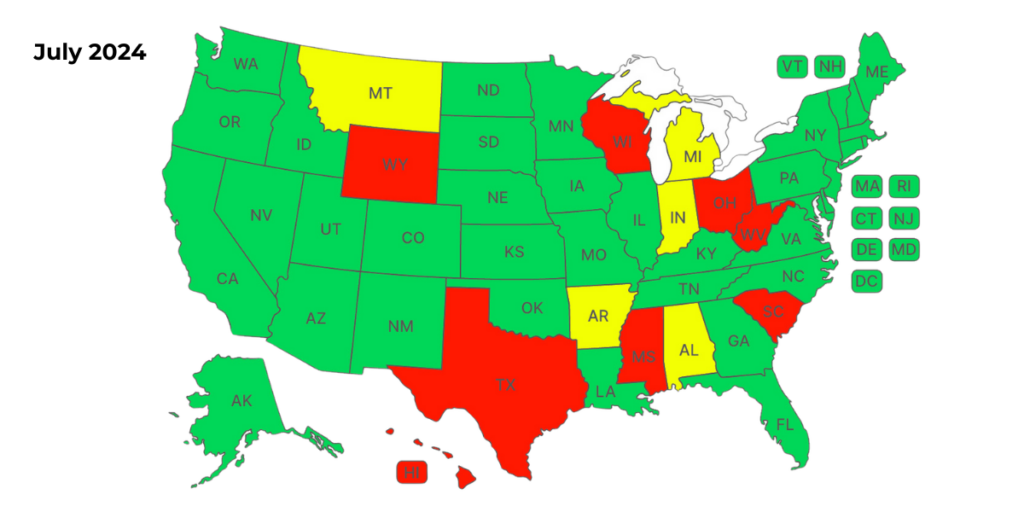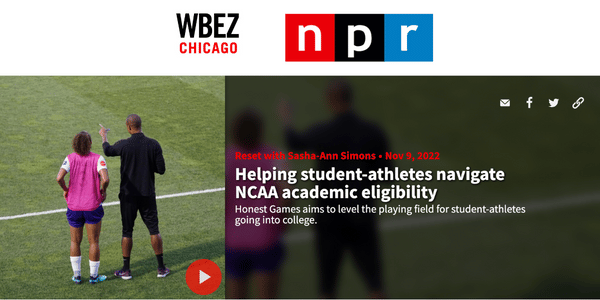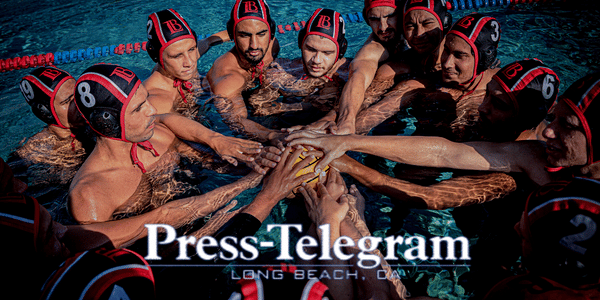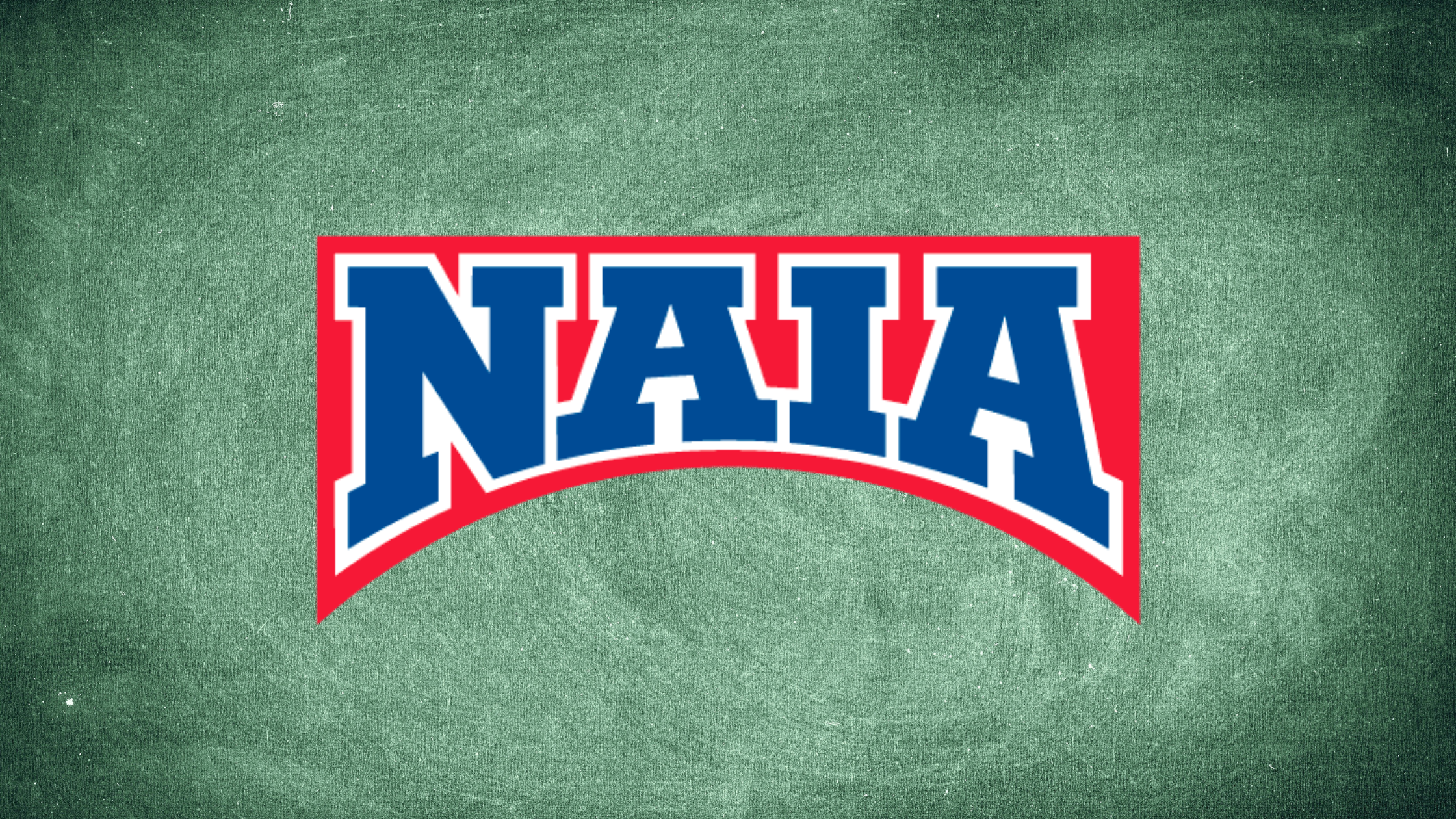How Student-Athletes Can Maximize NIL Opportunities by Maintaining Eligibility
Updated on Jun 9, 2025
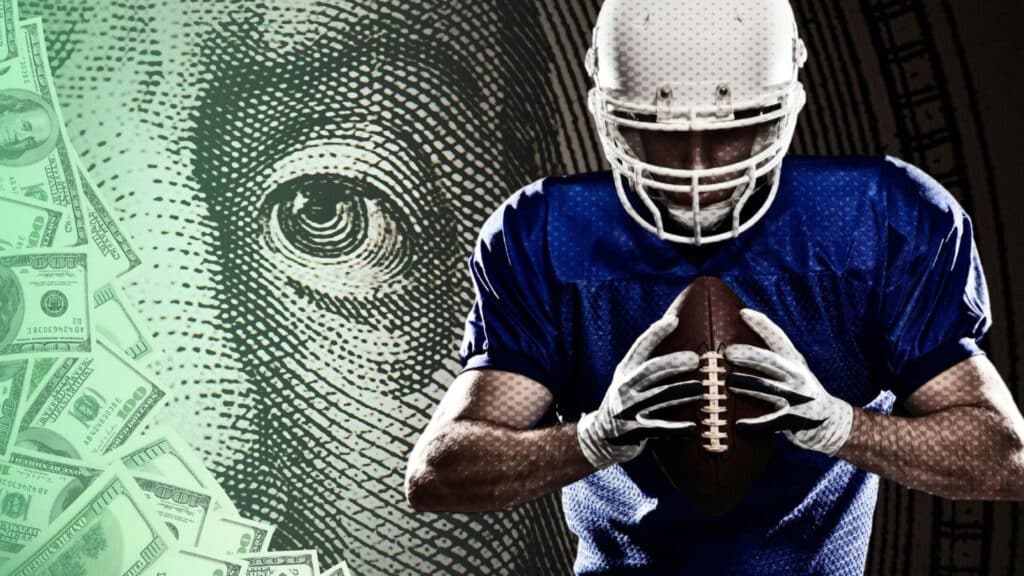
Eligibility for college sports and NIL are tied closely together. Correct measures must be taken to ensure your student-athletes’ NIL activity doesn’t negatively impact eligibility.
In most cases, student-athletes hoping for NIL opportunities must first be academically eligible to play. Your students need to understand that NIL opportunities will be few and far between if they aren’t out there competing every week, and that won’t happen if they don’t meet initial eligibility requirements. Often, athletic performance is how student-athletes generate buzz and the inability to compete could jeopardize future NIL opportunities.
Honest Game has simplified the initial academic eligibility process with an overview to help guide your high school student-athletes and ensure that they are ready for college sports.
For the NCAA, academic eligibility is determined using a combination of a student-athlete’s high school coursework and NCAA Core GPA (different from your school GPA).
Freshman student-athletes entering NCAA Division I and NCAA Division II programs must complete 16 units (32 semesters) of NCAA-approved Core Courses. These courses must be completed on a specific timeline and in specific subject areas. The NCAA also requires a minimum Core GPA to qualify, which is based on the grades earned in each of their 16 NCAA-approved courses.
Full-qualifier clearance to play an NCAA Division I sport requires a minimum 2.3 NCAA Core GPA and at the Division II level, a 2.2 Core GPA is required.
There are no NCAA eligibility requirements for NCAA Division III initial eligibility, other than being admitted to the specific DIII college.
Do you have students that want to compete at an NAIA school? Not only must they graduate from an accredited high school and be accepted as a regular student in good standing at an NAIA institution, but they must also graduate with a 2.3 school GPA. If a student does not meet the 2.3 school GPA requirement, the alternative eligibility requirement is to meet two of the three requirements outlined below to earn NAIA academic eligibility:
- Receive a minimum score of 18 on the ACT or 970 on the SAT. Only critical reading and math sections are considered on the SAT.
- Graduate from high school with at least a 2.0 GPA on a 4.0 scale. The NAIA accepts the GPA calculation your high school provides.
- Graduate in the top 50 percent of your high school class.
- If the school does not have a class rank, students must meet both the GPA and SAT/ACT requirements.
For student-athletes looking to start at a junior college, academic eligibility can differ depending on the individual school’s standards, however, almost all require students to be a graduate of a high school with an academic diploma, general education diploma (GED), or a state department of education approved high school equivalency test. Note, if you are considering transferring from a two-year college to a 4-year college, there are transfer requirements tied to your initial eligibility status.
Academic eligibility is also a large piece of the college recruiting process and is often the doorway to more opportunities or a blocker at the next level. If students are not academically eligible to compete, finding a college coach to recruit them will be tough. College coaches can choose to submit a waiver for a student who does not meet full-qualifier status for initial eligibility, however, it is rarely used and involves a student-athlete with mitigating circumstances, and requires full documentation. And if they don’t get recruited, they will have difficulty finding a business that wants to pay for their NIL.
Honest Game knows how complicated navigating the academic eligibility rules can be, which is why we created the ultimate guide to help high school staff support their student-athletes.
Download the FREE Academic Eligibility Guide for High School Administrators!
NIL at the high school level:
In order to discuss the overall impact of Name, Image, and Likeness at the high school level, let’s talk about where we were vs. where we are now. Over the past couple of years, NIL has been moving quickly through states at the high school level.
In April 2022, there were 8 states that made the decision to amend, clarify, or write bylaws allowing high school student-athletes to be compensated for their Name, Image, and Likeness. Just two year later, there are now 40 states allowing NIL at the high school level. And more states are under consideration, which means they have had discussions about permitting NIL and/or are waiting for their proposal and new language to pass.
Now what does this mean for eligibility at the high school level? The bylaws and language for NIL regulations are managed by state high school athletic and activities associations. These associations write the competition rules for most sports and activities in the United States. Some states not only oversee athletics but are responsible for activities like band, eSports, cheer, dance, theater, etc. For these states, that means the bylaws and regulations for NIL apply to all under their purview.
Research your state information,
If a high school student-athlete earns compensation for their Name, Image, and Likeness, they need to understand the regulations that may apply in their state. For example, student-athletes may already be making money as a content creator on social media which may be in conflict with NIL regulations written by their state association. While all states have different rules around NIL participation, common things like not using school logos, school facilities, mascots, and the promotion of tobacco and alcohol could impact eligibility. Some states even have rules that restrict any NIL activities while engaging in school activities. So if an equipment company gives an influential student-athlete equipment for free with the expectation that they use it during their high school-affiliated games and activities could be a direct violation of State policy.
Often overlooked in these discussions are the states that regulate activities outside of athletics. For example, if a student is on the eSports team and makes money off a YouTube channel for gaming if they violate any of the bylaws, they could lose eligibility for their high school eSports team. Examples of other activities that may fall under associations in some states are; band, cheerleading, eSports, and various other club activities.
States that have not yet allowed NIL at the high school level may enforce an automatic ineligible status for any NIL activities. It is extremely important to use a vetted partner to help understand the complexities before making any decisions that could negatively impact a student-athletes eligibility and future.
Common Eligibility Questions about NIL and Eligibility
Q: How does a student-athlete’s academic eligibility for high school sports play into their NIL opportunities?
A: If a student isn’t academically eligible to play in high school, their NIL opportunities will be few and far between. Businesses are interested in NIL, to create awareness for their brand and in the end, sell more of their service or product. Oftentimes, competition is how student-athletes create a buzz. Without playing time, businesses will not see a return on their investment.
Q: Will an NIL opportunity affect my student’s ability to receive a college scholarship?
A: Money earned by a student-athlete in high school can affect their ability to get financial aid and/or Pell Grants. Consider the impact before entering into any agreements. The money that they earned in high school, and may continue to earn once in college, will need to be documented for the college they attend. Their financial aid or Pell Grants could be affected, both positively and negatively, based on their NIL.
Q: What happens if I sign a letter of intent with a university where NIL is permitted?
A: Until a student-athlete enrolls at the university, they are still subject to the state laws where they reside. If your state does not allow NIL at the high school level, you can impact your high school eligibility by entering into NIL activities early.
Every situation is unique and will need consulting and discussion to ensure student-athletes don’t lose eligibility for a misstep.
The Importance of Money Management
Smart money management is a game-changer for student-athletes, and as NIL opportunities grow, so does the need to understand how to handle new income responsibly. From managing scholarship funds and NIL deals to budgeting for training, travel, and future goals, building strong financial habits early is key to long-term success. For student-athletes looking to make the most of their NIL potential while staying financially prepared, check out First Bank Chicago’s Financial Literacy Blog. It’s a valuable resource filled with tips and strategies to help you take control of your money and plan for a successful future – on the field and beyond.

